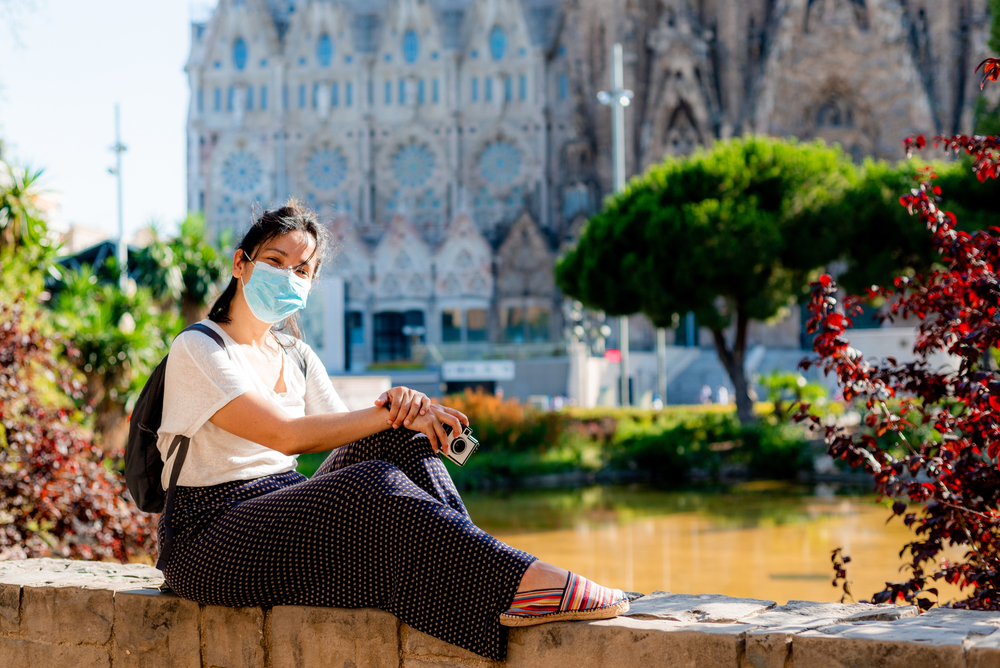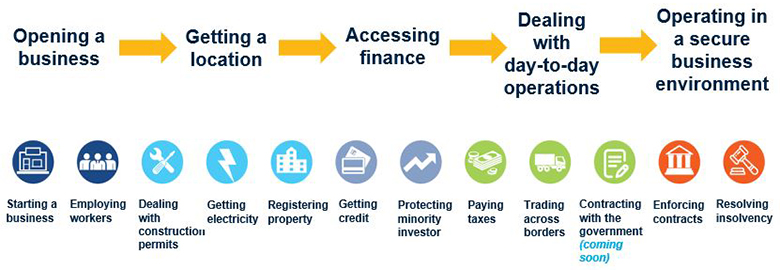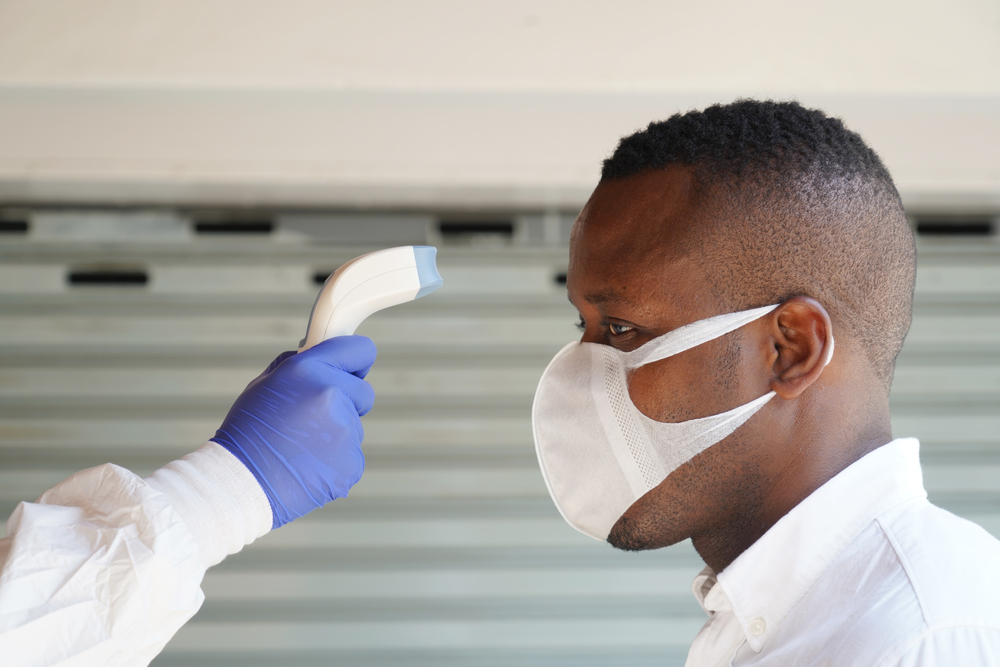Everyone’s talking about the ‘new normal.’ Social distancing, wearing masks and judicious appreciation of basic hygiene are now expected or even mandated based on your locale. This thanks to the ravages of COVID-19 and its dominance in much of 2020’s headlines so far. Yet the greatest impact of this disease may yet be its pains on the economy and the long term suffering, quality of life reduction, and difficulty these ripples generate. While the US, both with the world’s greatest number of COVID-19 cases and one of the highest testing rates per 1000 people, seems to be enjoying job creation and market gains, the Caribbean is not so lucky. How are we going to adapt to this new reality?
The New Tourism
Many of the region’s states, particularly the smallest, are heavily reliant on year-round tourism as a means of generating revenue. Unlike their larger, resource blessed, and more industrial counterparts, they have no choice but to depend on this volatile form of economic monoculture. With such restrictive conditions, how will they properly adapt to a future where sudden border closures and global slowdowns leave them practically out of business?
Put simply, its time the Caribbean start pursuing economic interests as a region, if only for its own survival in the greater world. More cooperation can see the development of intra-regional tourism, transport, and investment that can, though not entirely, help offset losses from international tourism. Furthermore, it would assist in creating stepping stones for diversification of the economy into financial and commercial sectors as well. Indeed this is more than necessary at this point as international travel has suffered immensely as well. Just recently, British Airways announced that they’d be scrapping their entire Boeing Jumbo Jet fleet due to the losses incurred during the first half of 2020. Regional airways as well have taken a hit with Caribbean Airlines citing up to $14 million USD in losses as of June.

An emphasis on intra-regional tourism would offset some of these losses and bring valuable revenue to economically starved small island states. Additionally, we must also consider that, during the early days of the pandemic, cruise ship tourism served as a primary vector for international transmission. How will this be tackled in the future? For one, it would be in the interests of the CARICOM nations to draft and agree upon comprehensive health and safety protocols regarding tourism, transportation and travel. Though realistically, cruise ships still remain a hotbed for virus transmission and this reputation may see the industry suffer over the next year.
A streamlined, universal policy would both prevent bureaucratic chaos while also serving as reassurance for tourists, who will now doubtless be considering their health when planning and seeking destinations. However, it is also important for many of us to at least attempt to reduce our reliance on tourism. Given its volatility and the nature of current realities, no amount of policy, investment, or sound decision making can fully protect us from the economic shock of a sudden industry closure.
The New Face of Finance and Commerce
It is in the interest of any recovering, developing and small economy to attract as much business as possible. The paucity of resources should be compensated for via a commerce friendly environment. Unfortunately, many of the region’s nations have historically ranked quite poorly in Competitiveness and Ease of Business indexes. This needs to change if we want to have any semblance of an economy at all.

Looking at the above graphic, we see, according to the Doing Business Database and World Bank, a number of variables factor into the rating. Many of these can simply be remedied through streamlining bureaucracy, cutting red tape, reforming tax policy, simplifying tax payment and cracking down on corruption. Where previously it was not politically expedient to prioritize these problems, it is in the interest of any economy looking to keep some form of stable footing to act now. Caribbean leaders and the electorate that appoints them must begin applying pressure sooner rather than later.
Consequently, it is imperative to pursue more open, flexible markets. While state involvement can be beneficial, heavy-handed, insular and centrally planned economies would not benefit from this current climate. The inflexibility it creates would only worsen problems through lack of commerce, activity and investment. Furthermore, on this note, it may even be a good idea for regional heads to come together and create a regional savings fund, built by all members, that could, in future times of disaster, be utilized to help sustain economies and prevent all-out collapse. This would require negotiation, cooperation and trust but overcoming these hurdles are a must.

The New Healthcare System
Though it should seem obvious, the Caribbean region should reassess its healthcare priorities. As it stands and under normal conditions, there are frequent complaints in many developing small islands aimed at a lack of modernized facilities, proper accommodations, and even capacity in everyday healthcare. Reprioritization and further attention should be given to these issues. Additionally, structures and bodies should be in place to readily go on alert whenever impromptu and unexpected health crises occur.
Redefining New Normal
Put simply, we must look beyond debating the necessity of lockdowns, quarantines and mask measures. Though extremely important, Caribbean nations must also place emphasis on the well-being of their long term socio-economic footing as this both affects their ability to tackle a pandemic as well as their long term basic survival. Prudent administrations should look to empowering the private sector, streamlining economies and preparing for future threats in the interest of safeguarding the long term welfare of its nation’s citizens.



















